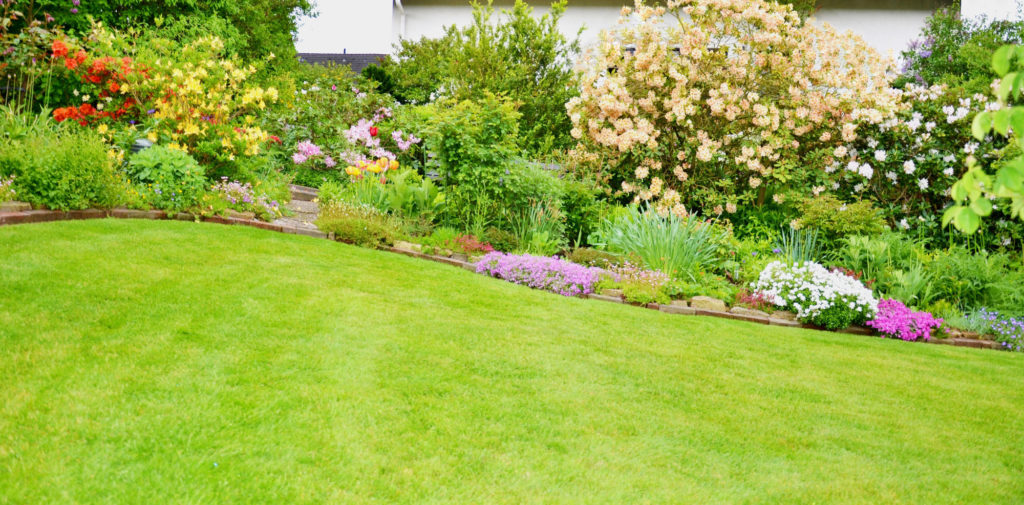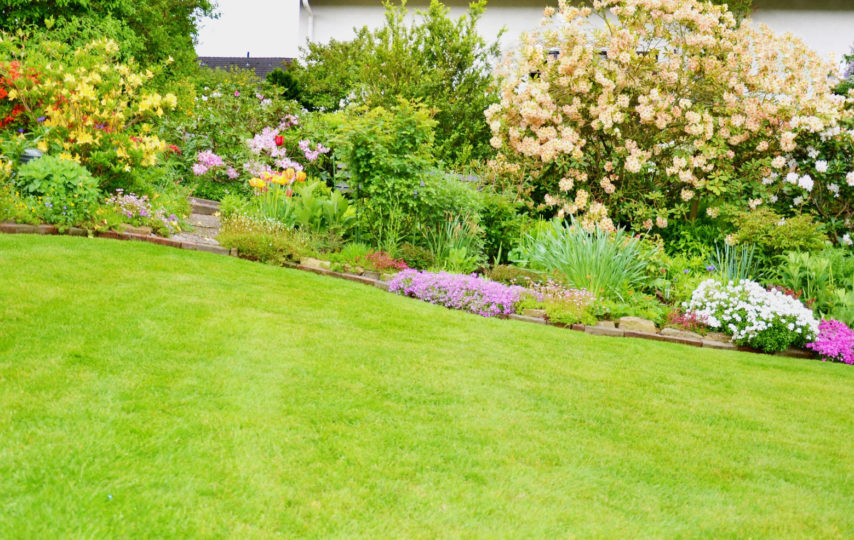
Gardening is beneficial for people’s physical and mental health. Boost your overall health by starting a garden this year.
If you want to learn how to keep pests out of your garden, we can help. In this guide, we’ll go over how you can maintain a pest free garden.
Want to learn more? Keep reading.
1. Plant Some Marigolds in Your Garden
Consider planting rows of marigolds in your garden. Marigolds can attract pollinators like butterflies, wasps, and honey bees.
Marigolds have a strong scent. The scent repels squash bugs, cabbage worms, aphids, tomato hornworms, and nematodes.
These bright flowers can help keep squirrels, deer, and rabbits out too.
If you’re wondering what critter was in your garden, inspect the ground. Learn about the difference between mouse or squirrel droppings.
2. Try Companion Planting
Did you know that some plants can help each other? Pepper, basil, and tomato plants are a great example of companion planting. They can stop garden pests from wreaking havoc.
Basil can deter aphids, beetles, and tomato hornworms. If you plant basil near pepper plants or tomatoes, basil will end up protecting them from pests.
Onion and garlic can help prevent pests from destroying broccoli, cabbage, and cauliflower.
Consider planting them near one another. Garlic and onion can repel worms, loopers, and cabbage moths.
When you plant your rows of broccoli or cabbage, place a few extra bulbs of garlic and onion between them.
3. Remove Pests by Hand
You can try handpicking to get rid of pests. Visit your garden every day and check your crops.
Remove any pests you notice invading your crops. Hand removing pests is key to long-term pest management.
Make it a habit of picking off pesky pests. Add it to your daily to-do list. You will keep the harmful pests from multiplying and protect the good pests.
4. Encourage Birds and Frogs to Visit Your Garden
Birds will eat a lot of insects from your garden. You could add a birdbath to your garden.
Refresh the birdbath with new water often. When you refresh the birdbath, you’ll also deter the birds from poking your tomatoes for juice.
You could also hang a bird feeder near your garden. Fill it up with seeds from spring to fall. When summer hits, your garden birds will eat the insects.
Chickadees, bluebirds, and cardinals eat earwigs, aphids, grasshoppers, grubs, and cabbage worms.
Small frogs will get rid of moths, mosquitoes, and flies. Big frogs will eat worms and grasshoppers.
You can make your garden an inviting place for frogs by offering shelter and water. Change the water often, so mosquitoes don’t use it as a breeding ground.
5. Try Food-Grade Diatomaceous Earth
Food-grade diatomaceous earth is a natural barrier to insects like stink bugs. Try sprinkling food-grade diatomaceous earth below growing squash, cantaloupe, and watermelon.
Sprinkle it around other vegetables and fruit resting on the ground and the plant leaves.
6. Make Sure You Harvest Your Vegetables and Fruits
It’s wonderful to have a garden overflowing with fruit, vegetables, and foliage. Yet, if you don’t stay on top of harvesting, you could invite all kinds of pests into your garden.
Critters and bugs have a lot of hiding spots in thick vegetation. An overabundance of vegetables and fruits will also be a feast for pests.
Don’t let your plants get overgrown. Make sure you’re trimming plants often. Remove falling flowers, twigs, and leaves.
You’ll also want to harvest your vegetables and fruits as soon as they’re ripe. Pick up fruit that fell to the ground. You don’t want pests rushing to your garden to munch on fallen fruit.
If you can’t use all your fruits and vegetables, you could give them away to neighbors or family members.
7. Standing Water and Damp Areas
In your garden, you’ll want to search for signs of damp areas or standing water.
Standing water can become a breeding spot for mosquitoes. A small damp area can increase the chances of a termite infestation.
Make sure you don’t have any leaking water tanks or dripping taps in your garden. Remove damp wood.
8. Give Your Plants Plenty of Room
The plants in your garden will need space from one another, so they have proper air circulation. You will improve the evaporation of water from the soil when plants get spaced apart.
When plants are too close together, slugs and snails will slip into those damp areas.
9. Water Your Plants in the Morning
When do you water your garden? If you water at night, consider switching to the morning.
This way, your plants will have plenty of water when the hotter part of the day hits. Plants won’t get stressed and wilt. Insect pests tend to prey on stressed plants.
The leaves on your plants will have time to dry before night. Snails, earwigs, and slugs love to hang around damp plants.
Consider watering your garden twice a week instead of wetting the surface of the soil daily. Annual plants tend to need more water because they have a shallow root system.
Now You Know How to Maintain a Pest Free Garden
We hope this guide on how to prevent garden pests was helpful. Use these tips to have a pest free garden. Try planting marigolds, remove pests by hand, and water your garden in the morning.
Stick around and read our other resources on home, real estate, and more.



